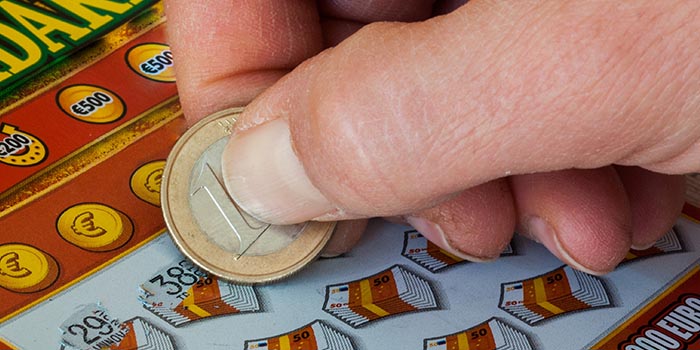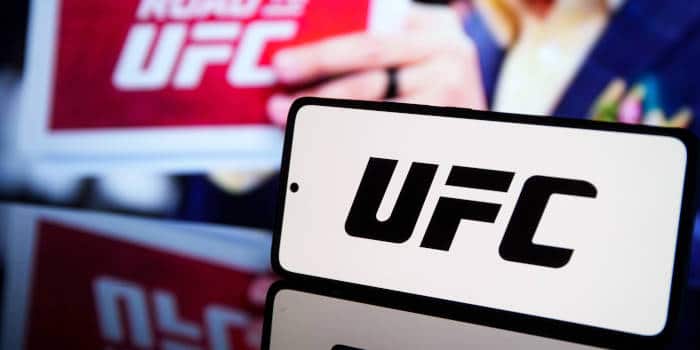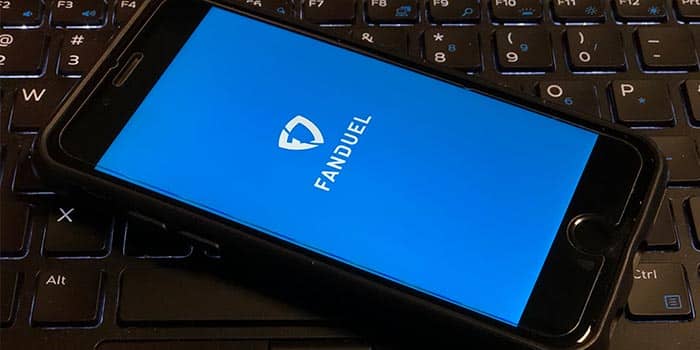- Casino
- By State
- Alabama
- Alaska
- Arizona
- Arkansas
- California
- Colorado
- Connecticut
- Delaware
- Georgia
- Florida
- Hawaii
- Idaho
- Illinois
- Indiana
- Iowa
- Kansas
- Kentucky
- Louisiana
- Maine
- Massachusetts
- Maryland
- Michigan
- Minnesota
- Mississippi
- Missouri
- Montana
- Nebraska
- Nevada
- New Hampshire
- New Jersey
- New Mexico
- New York
- North Carolina
- North Dakota
- Ohio
- Oklahoma
- Oregon
- Pennsylvania
- Rhode Island
- South Carolina
- South Dakota
- Tennessee
- Texas
- Utah
- Vermont
- Virginia
- Washington
- West Virginia
- Wisconsin
- Wyoming
- By State
- Slots
- Poker
- Sports
- Esports
Michigan Moves Closer to Shared Liquidity with SB 991

Michigan’s House of Representatives has backed SB 991, a piece of legislation supporting the Lawful Interactive Gaming Act that seeks to allow a cross-border exchange of information and gaming data.
Michigan Continues to Support Online Gambling
The Michigan House of Representative has given green light to a proposed draft law that would give the Michigan Gaming Control Board (MGCB), the state’s gambling regulator, the power to seek and negotiate shared liquidity arrangements with other states in what could prove a pivotal step forward for online poker in the United States.
Voting on the matter, representatives approved the proposed SB 991 with an overwhelming 85-16 majority and put forward a new piece of legislation that supports the already established Lawful Internet Gaming Act that authorizes the Board to seek out closer ties with operators from across the state line.
The last potential hurdle is the signature of Governor Gretchen Whitmer who seems poised to support the law and lead to a unifying moment in the US poker ecosystem.
Joining the Shared Liquidity, A Big Leap Forward
Should Michigan join the shared liquidity, this will be a major incentive for online poker in the United States, which has been growing, but nowhere near offshore operations which are clocking hundreds of millions a month.
Sponsored by State Senator Curtis Hertel, Jr. the bill is a major step forward for the entire industry that is hoping to see Michigan join the shared liquidity program established by Nevada, New Jersey, and Delaware, with a hesitant Pennsylvania still not entirely sure whether to join, fearing legal recourse from the Department of Justice over a newly-contested interpretation of the Wire Act.
With President-elect Joe Biden vowing support against the Wire Act Opinion, though, it’s unlikely that the DOJ will re-interpret the law to the detriment of cross-border data exchange, and by extension the lottery and online poker industries.
Poker Wins from Shared Liquidity, Still Late to the Party
Online poker is without a doubt one of the biggest winners from the latest developments, as it would enable Michigan’s poker operators to pool their liquidity with players from Nevada, Delaware and New Jersey so long as it’s the same network, i.e. 888/WSOP, PokerStars and partypoker.
That is good news, but there’s a small caveat. Michigan has already issued 15 betting licenses to interested parties, but none of them has put forth immediate plans to host poker as part of their first forays in the market.
Michigan is also supporting an expedited launch for sports betting operations and casino games. BetMGM is among the recipients of a new license, meaning partypoker may be one of the first card rooms companies to step foot in the market.
Another entity is TSG Interactive US Services Ltd. which could lead to the arrival of PokerStars. However, nobody has been able to catch wind of 888/WSOP just yet. While all of this is exciting news, there is another thing to consider.
Even though SB 991 and the Lawful Internet Gaming Act endorse shared-liquidity, before any such measure is enacted, a resolution in the Wire Act case must be achieved as SB 991 specifies that introducing a shared-liquidity scheme must be “consistent with state and federal laws.”
Mike made his mark on the industry at a young age, consulting for companies that would later become regulators. As one of the lead editor of Gambling News, he dedicates his weekdays to this project, aiming to educate the masses on the latest developments in the gambling circuit. His expertise and passion for the industry make him an invaluable asset to our team.
Previous Article

Poker
December 19, 2020
VulkanBet Leaves Russian Market Because of Planned Regulation

Must Read
More Articles






Casino
July 11, 2025
IGT Reveals Multiple Jackpots Throughout June
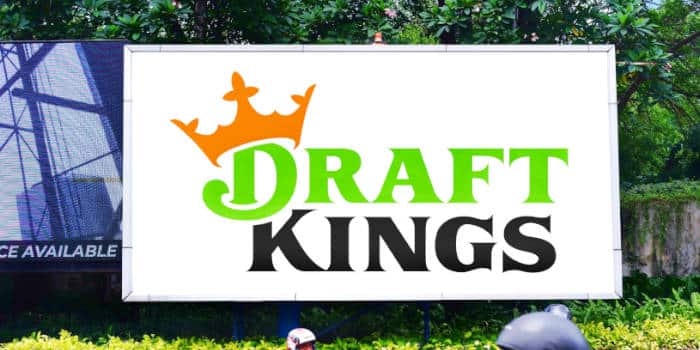
Sports
July 11, 2025
DraftKings to Give Back Over $3M to Connecticut Users
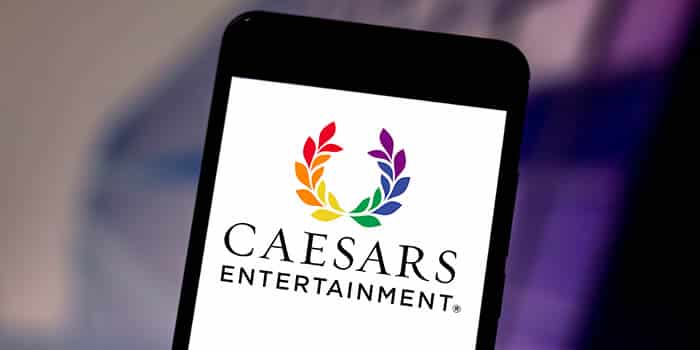
Casino
July 11, 2025
Caesars Introduces Digital Wallet in Nevada

Sports
July 10, 2025
NJ Bans Sportsbook Deals With Public Colleges
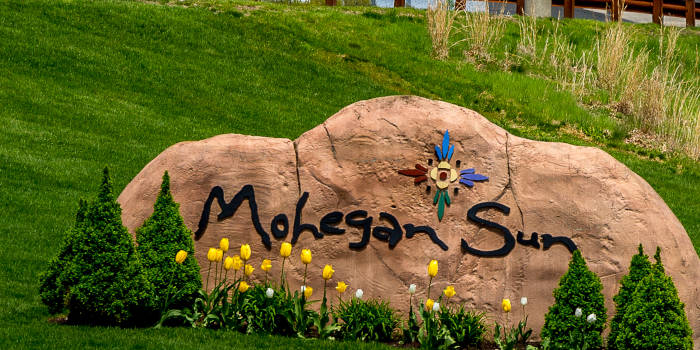
Casino
July 10, 2025
Mohegan Sun Guest Wins $2M Gambling in Spanish 21




